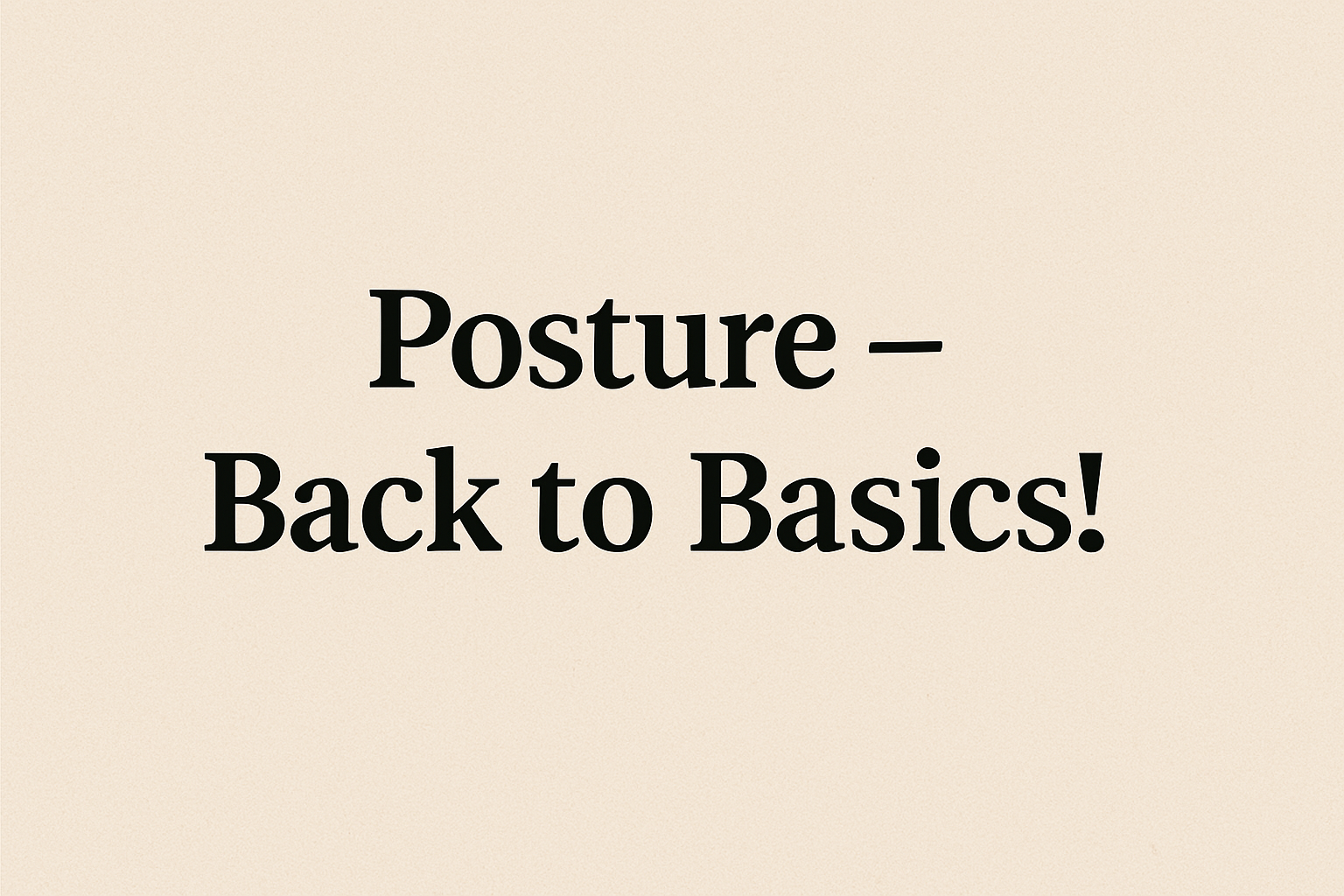
7 Everyday Things That Can Wreck Your Posture
Although some people have the mistaken idea that healthcare professionals like me are born clean-living and healthy, the truth is that I have achieved ideal posture as the only sustainable solution to my own health problems.
Post updated September, 2018
I have spent nearly two decades helping people correct their posture and get lasting results, where other approaches have failed. I believe the reason for this, is because I take a holistic approach to healing body posture.
If you want good results that last, you must be willing to look at more than your physical lifestyle.Here is a list I made of simple, everyday things that can wreck your posture:
Dehydration
Incorrect sitting and standing posture, poor nutrition, injuries, athleticism and manual labor can all lead to worn spinal discs. Nutrition is probably the easiest of these to improve.
When you fail to drink enough water – dry skin, headaches and sluggish bowels – your body tissues become dehydrated. When the tissues in question, are your vertebral discs, this can lead to disc degeneration.
Disc degeneration may ultimately lead to a flatback appearance that is often associated with chronic low back pain.
Texting
Using your mobile device for extended periods of time can easily lead to neck strain, headaches, and chronic muscle knots. Texting causes our head to bend forward at rather extreme angles and this causes the supporting muscles to remain contracted, in order to hold up the weight of our ten pound head!
Anyone who has used a cellphone or tablet for an extended period of time has probably experienced the uncomfortable strain it puts on your upper body. Try bringing your phone up to eye level.
Weight-lifting
Not all weight lifting is bad. I’m talking about the muscle men and women who are obsessed with their mirror muscles. The muscles you can see when you look (and pose) in the mirror – chest, abs, shoulders, upper traps, biceps and triceps.
The problem is, this type of vanity weight-lifting neglects weights for the opposing muscles on our backs – lats, lower traps, posterior shoulders, upper or lower back. This can lead to an unattractive slouched appearance.
Sleeping
Because we spend 1/3 of our lives sleeping, it is important to give some real attention to your sleeping posture. Watch below for my sleeping dos and don’ts:
Sitting
Human beings are not designed for prolonged periods of sitting. We should be out chasing wild boar and climbing trees. At the very least, we should be moving regularly, to reduce the impact of our sedentary, desk-based mobile lives.
It is important to realise that correct sitting posture does not mean best permanent position. To avoid prolonged flexion of the lumbar spine when seated – and injury to our spinal discs – I like to practice active sitting.
Active sitting involves movement and frequent changes of position, while remaining seated. I believe that we can learn a thing or two from our children – Let’s all fidget, wiggle and stir!
Shyness
Bad posture develops over many years, from bad ergonomic habits. Learned body positions from desk-based occupations, weight gain, manual labor, sporting injuries, activities of daily living (reading, washing, vacuuming) and slouching due to shyness or low self esteem.
If you are shy and have developed bad posture for this reason, then lucky you! Yes, I do mean lucky, because being shy, unlike past accidents and injuries, is much easier to transform.
You can begin to address shyness by learning the body language of confident people. You can literally fake it, until you feel it! Here are 5 things you should quit doing if you want to be successful improving your confidence.

Free Posture Video Crash Course!
Discover the crazy, simple 3-step formula that will teach you how to improve your posture and flexibility like a pro. You will learn how to hardwire the habit of good posture, reduce forward head and the secret way to stop slouching. It's 100% free!
Road rage
In the late 90s, therapists in the United States were working to certify road rage as a medical condition. Although it isn’t listed as an official mental disorder, most of us experience aggressive driving from time to time.
How many times have I been taking a patient’s medical history, when they tell me they have chronic neck pain, headaches and muscle tension? One of my first questions is always: How many car accidents have you been in?
Studies confirm that road rage, is a leading cause of car accidents. All road traffic accidents create the possibility of spinal damage -particularly reversed neck curve.
I generally consider all accidents over 20mph significant. The injury is often not recognized until many years later, on a neck x-ray.
So the next time you get cut off on the highway (that was today for me), take a deep breath, instead of giving them the finger and riding up on their arse! I hear you; easier said, than done.
Related Posts You May Like















